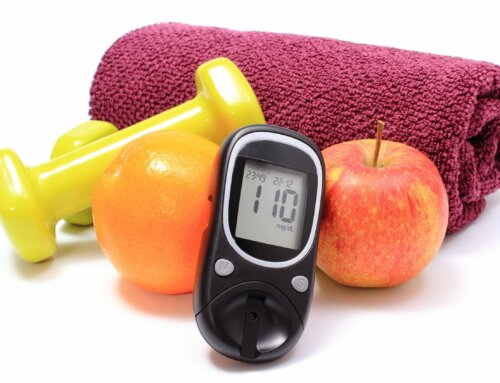Most of us are exposed to information via the internet, magazines, newspapers, the news and overhearing other people’s conversations. At this point, we are aware of the foods that may harm our health and the foods that may help to strengthen us. Yet, most of us continue to eat without a conscience. We don’t think about our food or beverage choices. Instead, we feed ourselves whatever we desire. Unlike the compromises we are forced to make in relationships, in our jobs, with our bank accounts and other things in the real world, when it comes to food we treat ourselves like royalty. How can this be rationalized or explained?
It is clear how costly healthcare is and how medications are inconvenient to take. Medications cost a lot and have some side effects. Yet we choose to eat foods that studies repeatedly show us are harmful. Take a minute and think about this. How many of you ask for sauces, dressings or gravies on the side and dip smaller amounts? Many of these condiments are laden with artery-clogging, cholesterol building saturated fat, sodium that challenges our vascular system, blood pressure and possibly kidney health, and sugar that makes glucose levels rise.
Appreciate the wonderful flavor while you control the harm it may do if you have too much of it too often. Can your hamburger be plain with ketchup instead of bacon and cheese? This would make it more heart healthy while reducing saturated fat and sodium. Can the omelet be served with rye or multi-grain toast and slices of tomato instead of home fries on the side?
Think before you eat. It’s a simple suggestion and one that needs to be taken seriously. Eat anything you want, but in moderation. Try to incorporate vegetables like broccoli and spinach and carrots into your daily food regimen. They may not be your favorite foods but think of how delicious they can taste when you add low-fat cheese or some stewed tomatoes? They taste exceptionally good when you fit into those pants that have grown snug! They taste even better when you go to the doctor and now can spend the money that was put aside for your medication on a new wardrobe or luxurious vacation.
The word here is moderation. Stressing over deprivation never works. Short-term diets don’t work either. It’s thinking and doing. If you need to write a journal to understand what triggers poor eating and exercise habits – then that’s what you need to do. Life is short and spending time at the doctor’s office or hospitals is not nearly as fun as eating moderately and adding activity to your day. Increase your quality of life as you get older. Sure, there are no guarantees to good health; however, your chances increase significantly if you make a few changes.
Think and do, think and do. There’s a great mantra to repeat and follow. And remember, there’s more in life to enjoy besides food.
NOTE: Consult your doctor first to make sure my recommendations fit your special health needs.






Leave A Comment